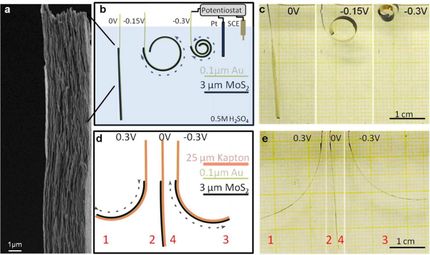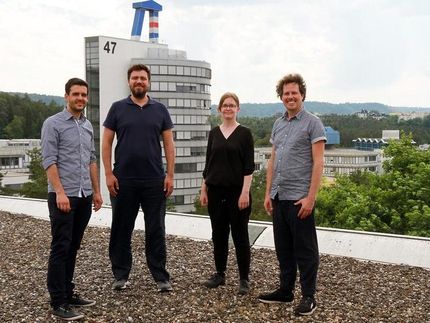Chemical engineers welcome new 'Nobel' engineering prize
British Prime Minister David Cameron has launched an international engineering prize in London today, to celebrate those whose work inspires, benefits and advances society.
The £1m Queen Elizabeth Prize for Engineering will be awarded every two years beginning in 2013. The prize is the result of a growing recognition within political and business circles of the need to highlight engineering worldwide, the Royal Academy of Engineering said. Speaking at the launch, Cameron said he hoped the prize will carry the same stature as the Nobel Prizes.
“I hope this prize will go some way to inspire and excite young people about engineering, so that they dream of becoming engineers as they once did in the age of Stephenson and Brunel.”
Engineering will be essential to help rebalance the UK economy, which for too long has been over-reliant on consumer debt and financial services, he added.
“High-skilled, high-value manufacturing and engineering should be a central part of our long term future.”
The prize received cross party support, with Nick Clegg, leader of the Liberal Democrats and Ed Miliband, leader of the Labour Party both in attendance.
IChemE CEO David Brown has welcomed the new prize: "To see three top political figures recognise the vital place of engineering in the world is a big step forward. This is about celebrating the world's best engineering; inspiring the engineers of the future - and crucially, getting political leaders to realise how vital engineers are. And I'll be doing my best to encourage plenty of chemical and process engineering based entries."
The prize has been established by donations from a number of companies including BAE Systems, BP, GSK, National Grid, Shell, and Siemens. In February 2012, an international panel of judges will be appointed followed by a call for nominations. The prize will be awarded to an individual or team of up to three people.
The Royal Academy of Engineering will handle the day-to-day running of the prize, which joins a select group of similar, high-value prizes for engineering including the €800,000 Millennium Technology Prize awarded by Finland’s Technology Academy and the $500,000 Charles Stark Draper Prize given by the US National Academy of Sciences.
Most read news
Organizations
Other news from the department science

Get the chemical industry in your inbox
By submitting this form you agree that LUMITOS AG will send you the newsletter(s) selected above by email. Your data will not be passed on to third parties. Your data will be stored and processed in accordance with our data protection regulations. LUMITOS may contact you by email for the purpose of advertising or market and opinion surveys. You can revoke your consent at any time without giving reasons to LUMITOS AG, Ernst-Augustin-Str. 2, 12489 Berlin, Germany or by e-mail at revoke@lumitos.com with effect for the future. In addition, each email contains a link to unsubscribe from the corresponding newsletter.




























































